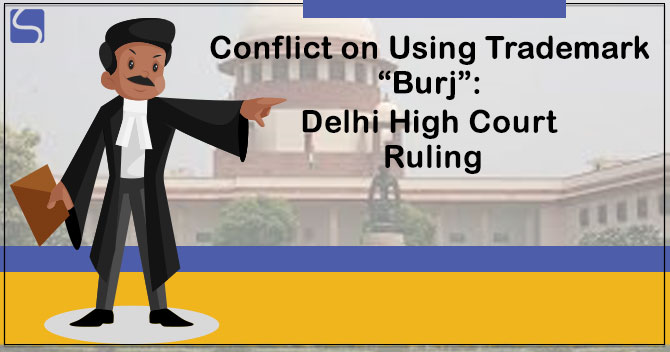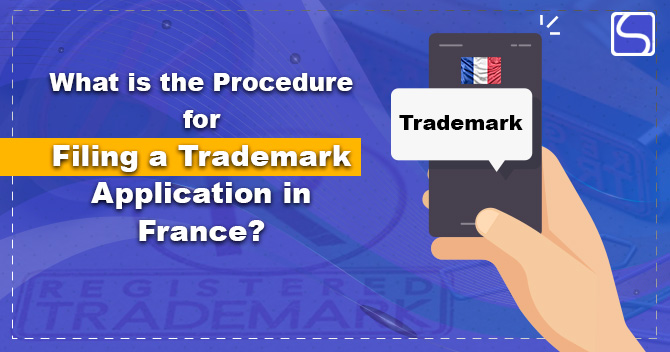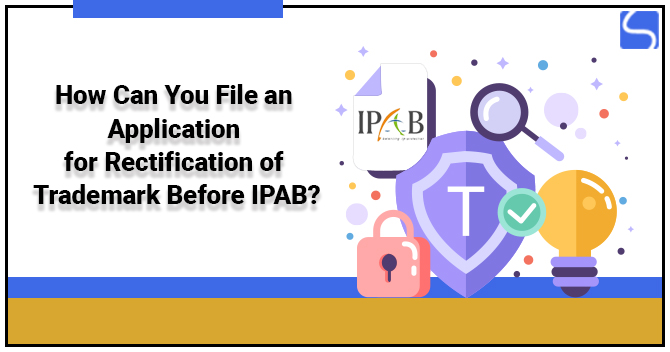What Are The Different Ways To Monetise A Trademark? – Overview

Karan Singh | Updated: Jan 17, 2022 | Category: Trademark
Whenever we enter a supermarket, we see various products displayed in front of us. Such products are stocked or arranges with a collection of branded products falling under the same category. Such a variety of options gets confusing, but in the end, we put those branded products in the car, which we find valuable and trustworthy. So to gain such trust, companies invested their time, efforts, and money to create such brand value & image and form a strong customer base. Such a company want to safeguard their brand and would be keen to find different ways to monetise a Trademark. In this write-up, we will discuss different ways to monetise a Trademark.
Table of Contents
What do you mean by Trademark?
Before we discuss different ways to monetise a Trademark, it’s vital to know the meaning of a Trademark. A Trademark is a type of IP or Intellectual Property[1] that plays an essential role in creating a distinctive identity of a product or service and adds value to it. In India, any sign, name, word, design, expression, symbol, and combination of colours is Trademarkable. But, it’s highly vital that such a Trademark possesses a distinctive identity that distinguishes the product or service from another.
So, in an extensive language, Trademark is a component that distinguishes the products or services which are owned, designed, or manufactured by an individual or a company from the others in a commercial setting. To legally safeguard this unique identity in the market, then it is vital to obtain Trademark Registration.
Importance of Trademark Registration
Anything can be utilised carefully if it is not officially safeguarded. Trademark Registration is that protective shield that keeps illegitimate users at bay and restricts other people from using the same. Once the Trademark Registration process is complete, the person or individual registering becomes the owner of that specific Trademark. To safeguard intangible property and to restrict misuse by third parties, Trademark Registration is necessary.
A Trademark is necessary for the following ways:
- It gives a unique identity and differentiates from others in the same market;
- To recognise the brand and the owner of the products & services;
- To provide a distinguished identity to the business or company by adding a brand value;
- For allowing business associations;
- In the case of Trademark Infringement, Trademark Registration gives the right to start an action against the 3rd party;
- Trademark Registration authorises an entity with certain rights like the right to utilise, assign, and distribute a mark.
Different Ways to Monetise a Trademark
Since companies invest time, money and effort to register their mark, they would want to find different ways to monetise a Trademark and earn from a registered Trademark. Extensively, a Trademark can be utilised either by an Assignment or Licensing.
In order to use the registered Trademark, a company can use either manufacture products or provide services on its own, or it can allow another entity to use its brand name for manufacturing products or providing services. Moreover, if a company is no longer interested in using the registered Trademark, it can even sell it to another party.
Following are the ways to monetise a Trademark:
- License: A Trademark License can be of different types, such as:
- Franchising Arrangements: In such an agreement, the Trademark owner permits the use of such Trademark by the franchisee. In this agreement, apart from Trademark, the business procedures are also licensed in order to maintain the service provided. For example, McDonalds making franchising arrangements across the globe.
- Distributor Arrangements: In this type of agreement, products of one manufacturer are sold to other customers and sellers. For example: Hindustan Unilever is making distributor arrangements to gain profits and to sell their products in higher quantities.
- Merchandise Arrangements: In this type, the Trademark owner can allow another party to manufacture merchandise. For example, Marvel has given a merchandising license or Hamley for manufacturing the toys of marvel’s superheroes.
- Assignment: According to the Trademark Act, an assignment can be of two different types; check below:
- An assignment without goodwill: When the Trademark owner assigns the mark without goodwill, the new Trademark owner cannot use the brand for which the mark was being used by the actual owner. For example, If Nestle assigns Maggie to Tata without goodwill, then Tata can use Maggie for anything other than the explanation of products in the Trademark Registration.
- Assignment with goodwill: In this, the Assignment not only transfers the mark ownership but also transfers the right to use it concerning the products within which class/category the mark was used originally. Once the Assignment Agreement is made or formed, the assignor will have no control or right to use the Trademark. Usually, Assignment with goodwill occurs when the overall business is sold to another party. For example, Reliance bought Big Bazaar from Future Group.
Case: In 2020, Sony has to delay its release of PS5 in India, following a Trademark Dispute. An Indian had already registered for the PS5 Trademark almost a year before Sony applied for it. Now, until the matter is resolved or determined, Sony will not release its PS5 in the country.
Conclusion
Trademark Registration does not only protect your brand, but if used correctly, it can also serve as a medium to earn money. Trademark Registration and its monetisation is a developing concept or idea of investment. Wherein a little brain wracking & hustle in the starting stage can help you earn a good amount in the future.
Read our Article:Everything You Need to Know About Fluid Trademarks














